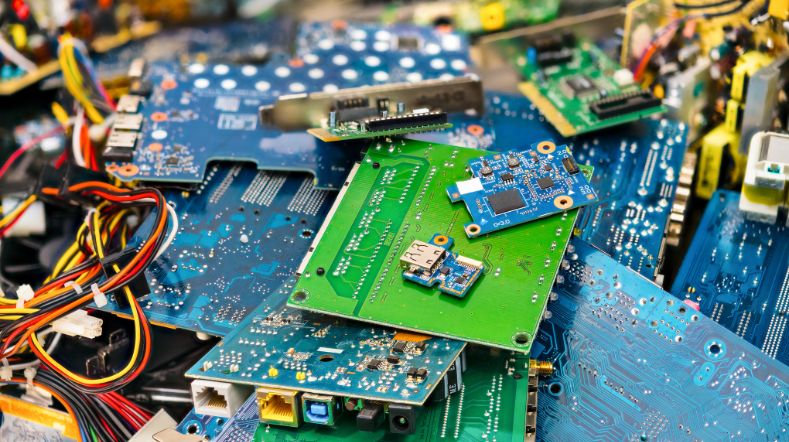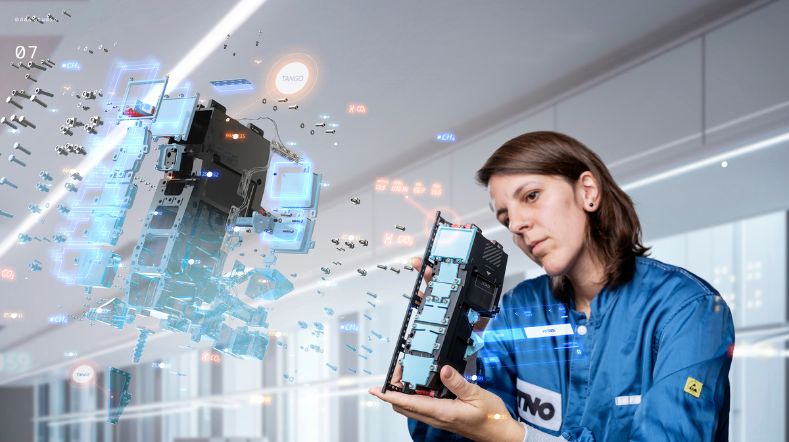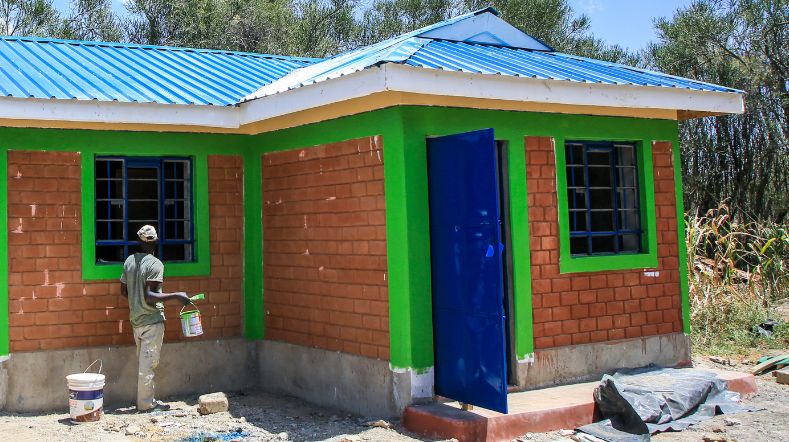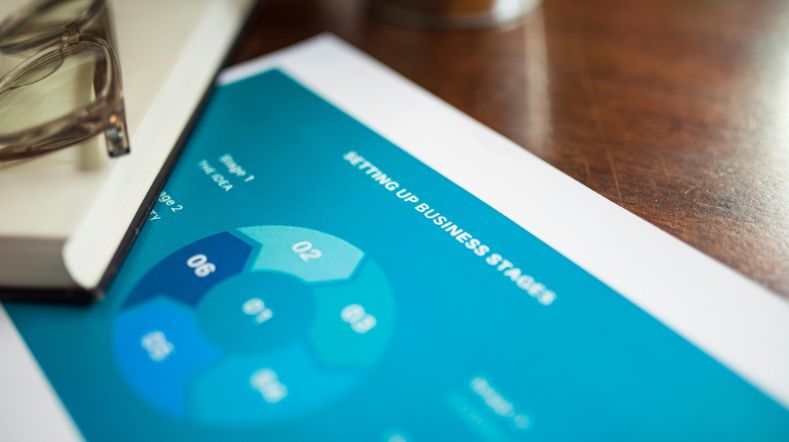Low cost, full biodegradable sanitary pads for Bangladesh
In Bangladesh 95% of the women don’t use sanitary napkins, because they can’t afford it. They use old rags which are not comfortable and hygienic, leading to illnesses and absence from work. Since 2016 TNO and partners are working on creating access to toilets, women empowerment and the development of a new product – a full biodegradable low cost sanitary pad. Because, in the future, most women will bury their personal waste.
Project Ritu: promoting menstrual hygiene management
Cultural believes and social norms restrict the participation of women and girls in society during menstruation. In addition, limited access to clean water, proper sanitation facilities and sanitary napkins make it difficult for women to manage their menstruation hygienically. As a result, many (young) women around the world face considerable physical and social challenges during their menstruation period.
In this context we position Ritu; the name of the project and a central animation figure in our campaigns. Ritu is a girls’ name that means ‘season’ in Bangla. The name also refers to a girl’s monthly period.
The animation figure represents the average Bangladeshi school-going girl, who will become an icon for girls and women who hygienically manage their menstruation. Ritu will be the cornerstone of a campaign at schools and have national outreach through various platforms such as television, social media and website. Prime beneficiaries are girls at school (age 11-13), as they have particular need of proper preparation but limited access to information and services.
Behavioural change
The intervention strategy is based on an integrated approach in health, education, water, sanitation and gender issues. It includes a multi-pronged behavioural and awareness raising communication approach; capacity building; knowledge exchange; investing in an enabling environment; and liaise with the private sector.
We aim to improve health and well-being of girls and women in Bangladesh, which will lead to enhanced social and economic participation. We will make this happen as partnership with NGO Simavi, communication company RedOrange and innovation institute TNO. The Dutch embassy in Bangladesh financially supports this program with almost 3,5 Million euro’s.
Biomass as resource
Part of the project is focussed on product development; creating access to disposable sanitary napkins which are affordable for the target group. Because of cultural habits women will bury their personal waste. With over 45 million women in Bangladesh in the reproductive age, disposable sanitary napkins could present an ecological disaster as the pads will contain plastic. The absorbents are most of time made by natural products.
In this project we will also replace the plastics used in the layer to prevent leakage by biodegradable materials. Aike Wypkema, project manager at TNO: “ First we selected the best source of biomass matching the specific features of the end product. For now we selected potato starch which is abundance in Bangladesh.
We are co-creating with the Dutch company Rodenburg Biopolymers. After some tests at TNO Rodenburg is testing and producing thin films of bio degradable plastics on a larger scale.
At the moment first trials are successfully performed in the Netherlands. Next step will be sending the bioplastic sheets to a Bengal company who will manufacture the sanitary pads. Finally the bioplastic will be produced by a local company”.
Activation of a new bioplastics chain
One of our partners is the Dutch company Rodenburg Biopolymers, developer and producer of bio-plastics.
Thijs Rodenburg, director, is closely involved and says: "We are very enthusiastic about this project, and have been from the beginning when TNO came to us with the idea two years ago. It’s right up our street because it concerns the activation of a new bioplastics chain. We are able to make these new degradable plastic films because we co-create with knowledge institutes (TNO), processors and end-consumers.
The innovative idea of using clay comes from TNO and we take that to the next stage in the formulation and have the technology to actually blow the films. The collaboration works really well; we are now established in the Netherlands and are ready to use the films in Bangladesh.
"It is so fantastic that our business can help the people there improve their living conditions!"
I expect it to be a success because we have a lot of experience in blowing films internationally. And even though it may seem strange to say, I see opportunities in Bangladesh. It’s a country that is way behind in terms of technology but is moving so fast! They leapfrog a number of steps by learning from other countries and so can adapt very quickly.
These are interesting countries for us to do business in, and we see opportunities in the future to supply the compounds to the Bengali company that will be manufacturing the sanitary towel. It is so fantastic that our business can help the people there improve their living conditions. If you can make this part of your remit, then these are the best projects!”
Get inspired
Urban mining crucial: more critical and strategic materials from electronics and electrical devices


Tracking sources of greenhouse gases with satellites


This is our time: Eleonie van Schreven’s work on small satellites with a big impact


Compressed Earth Blocks


Prospective Life Cycle Assessments for future-proof product design




